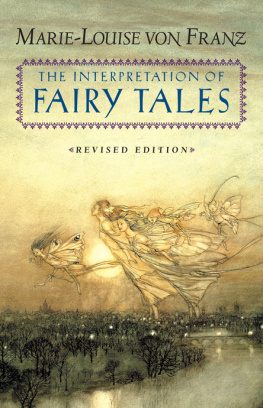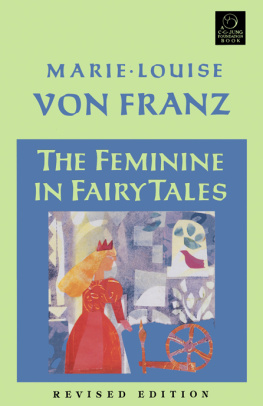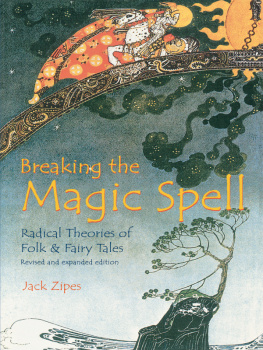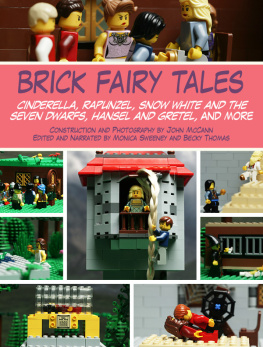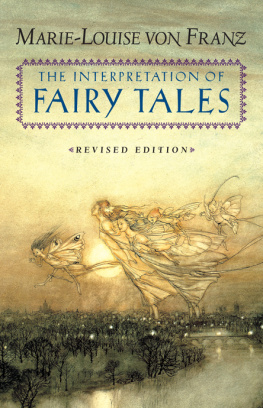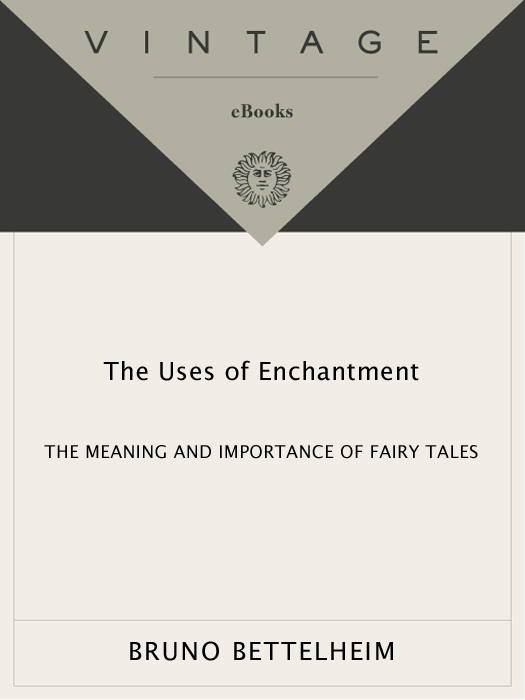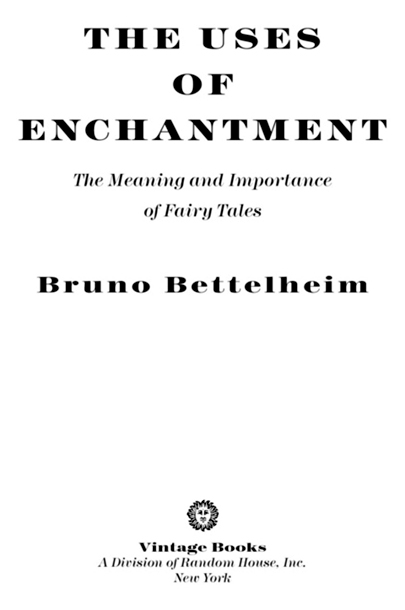BRUNO BETTELHEIM
The Uses of
Enchantment
Bruno Bettelheim was born in Vienna in 1903 and received his doctorate at the University of Vienna. He came to America in 1939. For many years he was Distinguished Professor of Education and Professor of Psychology and Psychiatry at the University of Chicago. His books include Love Is Not Enough, Symbolic Wounds, Truants from Life, The Informed Heart, Paul and Mary, Dialogues with Mothers, Social Change and Prejudice (with M. B. Janowitz), The Empty Fortress, Children of the Dream, A Home for the Heart, Surviving and Other Essays, On Learning to Read (with Karen Zelan), Freud and Mans Soul, and A Good Enough Parent. In 1977 he won both the National Book Award and the National Book Critics Circle Award for The Uses of Enchantment. Bettelheim died in 1990.
ALSO BY BRUNO BETTELHEIM
Freud and Mans Soul
Freuds Vienna and Other Essays
A Good Enough Parent
VINTAGE BOOKS EDITION, MAY 2010
Copyright 1975, 1976 by Bruno Bettelheim
All rights reserved. Published in the United States by Vintage Books, a division of Random House, Inc., New York, and in Canada by Random House of Canada Limited, Toronto. Originally published in hardcover in the United States by Alfred A. Knopf, Inc., New York, in 1976, and subsequently in paperback by Vintage Books, in 1989.
Portions of this book originally appeared in The New Yorker.
Vintage and colophon are registered trademarks of Random House, Inc.
Library of Congress Cataloging-in-Publication Data
Bettelheim, Bruno.
The uses of enchantment.
Bibliography: p
1. Fairy talesHistory and criticism.
2. Psychoanalysis. 3. Folk-lore and children.
I. Title.
[GR550.B47 1977] 398.45 76-41020
eISBN: 978-0-307-77352-4
www.vintagebooks.com
v3.1_r1
CONTENTS
Introduction:
The Struggle for Meaning
The Fisherman and the Jinny:
Fairy Tale Compared to Fable
Fairy Tale versus Myth:
Optimism versus Pessimism
The Three Little Pigs:
Pleasure Principle versus Reality Principle
The Importance of Externalization:
Fantasy Figures and Events
Transformations:
The Fantasy of the Wicked Stepmother
The Queen Bee:
Achieving Integration
Brother and Sister:
Unifying Our Dual Nature
Sindbad the Seaman and Sindbad the Porter:
Fancy versus Reality
The Three Languages:
Building Integration
The Three Feathers:
The Youngest Child as Simpleton
Oedipal Conflicts and Resolutions:
The Knight in Shining Armor and the Damsel in Distress
Fear of Fantasy:
Why Were Fairy Tales Outlawed?
The Goose Girl:
Achieving Autonomy
The Jealous Queen in Snow White
and the Myth of Oedipus
ACKNOWLEDGMENTS
Many people were involved in the creation of fairy tales. Many people also contributed to the writing of this book. Foremost were the children, whose responses made me aware of the importance of fairy stories in their lives; and psychoanalysis, which permitted me access to the stories deeper meaning. It was my mother who opened to me the magic world of fairy tales; without her influence this book would not have been written. In writing it, I received helpful suggestions from friends who took a kind interest in my efforts. For their suggestions I am grateful to Marjorie and Al Flarsheim, Frances Gitelson, Elizabeth Goldner, Robert Gottlieb, Joyce Jack, Paul Kramer, Ruth Marquis, Jacqui Sanders, Linnea Vacca, and many others.
Joyce Jack edited the manuscript; it is thanks to her patient and extremely sensitive efforts that it has assumed its present form. I was fortunate to find in Robert Gottlieb the rare publisher who combines finely perceptive and therefore most encouraging understanding with the sound critical attitude which makes him the most desirable final editor an author could wish for.
Last, but certainly not least, I wish to acknowledge gratefully the generous support of the Spencer Foundation, which made it possible for me to write this book. The sympathetic understanding and the friendship of its president, H. Thomas James, provided much-appreciated encouragement for my undertaking.
INTRODUCTION:
THE STRUGGLE FOR MEANING
If we hope to live not just from moment to moment, but in true consciousness of our existence, then our greatest need and most difficult achievement is to find meaning in our lives. It is well known how many have lost the will to live, and have stopped trying, because such meaning has evaded them. An understanding of the meaning of ones life is not suddenly acquired at a particular age, not even when one has reached chronological maturity. On the contrary, gaining a secure understanding of what the meaning of ones life may or ought to bethis is what constitutes having attained psychological maturity. And this achievement is the end result of a long development: at each age we seek, and must be able to find, some modicum of meaning congruent with how our minds and understanding have already developed.
Contrary to the ancient myth, wisdom does not burst forth fully developed like Athena out of Zeuss head; it is built up, small step by small step, from most irrational beginnings. Only in adulthood can an intelligent understanding of the meaning of ones existence in this world be gained from ones experiences in it. Unfortunately, too many parents want their childrens minds to function as their own doas if mature understanding of ourselves and the world, and our ideas about the meaning of life, did not have to develop as slowly as our bodies and minds.
Today, as in times past, the most important and also the most difficult task in raising a child is helping him to find meaning in life. Many growth experiences are needed to achieve this. The child, as he develops, must learn step by step to understand himself better; with this he becomes more able to understand others, and eventually can relate to them in ways which are mutually satisfying and meaningful.
To find deeper meaning, one must become able to transcend the narrow confines of a self-centered existence and believe that one will make a significant contribution to lifeif not right now, then at some future time. This feeling is necessary if a person is to be satisfied with himself and with what he is doing. In order not to be at the mercy of the vagaries of life, one must develop ones inner resources, so that ones emotions, imagination, and intellect mutually support and enrich one another. Our positive feelings give us the strength to develop our rationality; only hope for the future can sustain us in the adversities we unavoidably encounter.
As an educator and therapist of severely disturbed children, my main task was to restore meaning to their lives. This work made it obvious to me that if children were reared so that life was meaningful to them, they would not need special help. I was confronted with the problem of deducing what experiences in a childs life are most suited to promote his ability to find meaning in his life; to endow life in general with more meaning. Regarding this task, nothing is more important than the impact of parents and others who take care of the child; second in importance is our cultural heritage, when transmitted to the child in the right manner. When children are young, it is literature that carries such information best.





